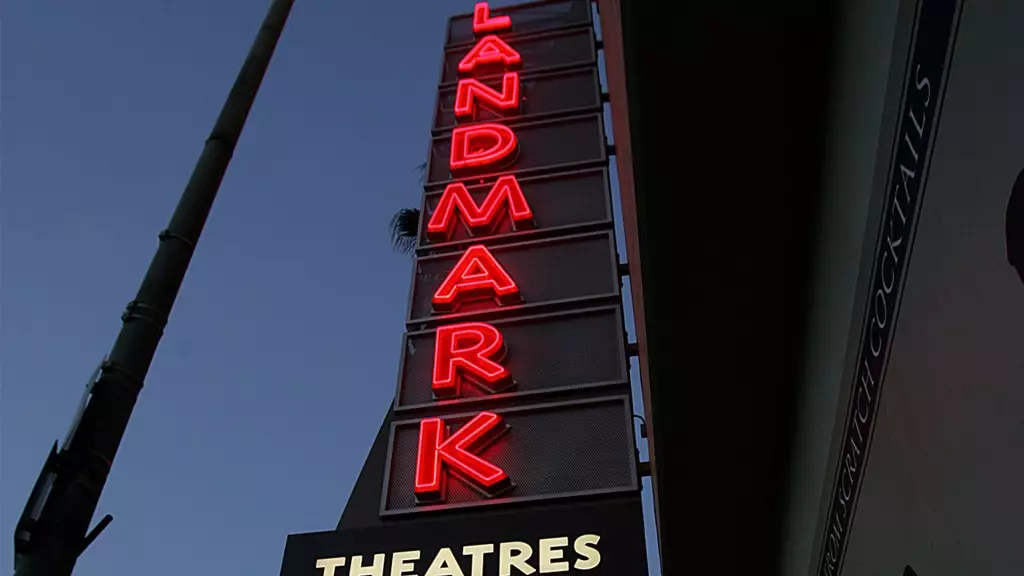The ongoing financial dispute between Charles Cohen and Fortress Credit Corp. has reached a crucial juncture, as a New York State Supreme Court judge has decreed that Cohen will owe the creditor a staggering $187.25 million. This potential debt stems from a failed loan arrangement that has been the subject of contention over the past year. The situation underscores the precarious nature of business dealings and the debts incurred within the realm of high-stakes real estate and entertainment.
Cohen’s troubles began when he defaulted on a loan exceeding $500 million, demonstrating an alarming pattern of financial mismanagement. Fortress Credit Corp., acting to safeguard its investment, sought an auction for the collateral assets tied to Cohen’s loans, which include not only Landmark Theatres but also a design center, an office tower, and a hotel. The complexity of the financial obligations raises questions about the sustainability of Cohen’s business strategies and the viability of his assets in the current economic climate.
Judge Joel M. Cohen (no relation to Charles Cohen) presided over the case, ultimately ruling in favor of Fortress. The decision marked a significant moment in the litigation, as it clears the path for the auction scheduled for November 8. The court’s conclusions indicate that Cohen’s attempts to delay proceedings – which included requests for a preliminary injunction and postponing the auction to 2025 – were unequivocally denied. This outcomes not only reflect the judge’s commitment to upholding creditor rights under the Uniform Commercial Code, but also paint a bleak picture for Cohen’s prospects of resolving his financial woes without the intervention of court proceedings.
While the judge’s ruling concerning the loan guaranty may not directly threaten Landmark Theatres, the implications for the business remain significant. Landmark, once a premier name in independent cinema, now finds itself entwined in a legal and financial saga that threatens its stability and future operations. A representative from Landmark has expressed optimism about navigating through the complexities of the situation, yet the potential auction looms as a potential watershed moment for the company.
Despite the court’s decision, the possibility of a settlement remains on the table. Both Fortress and Cohen have engaged in various negotiations and extensions throughout the year. While this reflects a willingness to reach a consensus, the fact that no such arrangement has been made yet serves as a harbinger of the challenges that lie ahead. Should the auction move ahead as planned, it could become one of the largest of its kind in New York’s real estate history, underlining the broader implications of financial disputes in the commercial sector.
Cohen’s case is emblematic of the volatile intersection of finance and real estate, particularly in the wake of market disruptions like the COVID-19 pandemic and industry-wide strikes. The ruling has set the stage for potentially significant changes within Cohen’s portfolio and the Landmark brand. As November approaches, industry watchers will keenly observe how these events unfold, knowing that this legal battle encapsulates the precarious balance between ambition and financial responsibility in the fast-paced world of real estate and entertainment.
